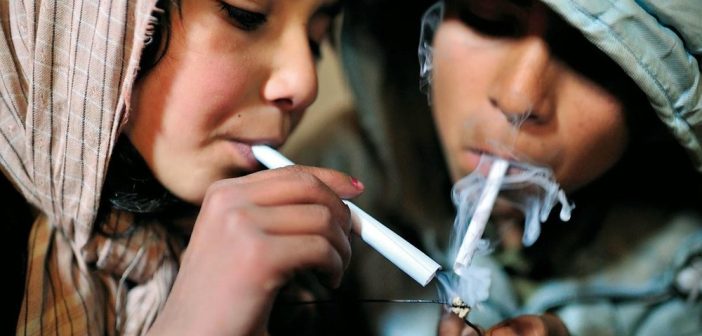The pressures of modern life, coupled with increased exposure to peer influences, can sometimes lead teenagers down a dangerous path. Drug and alcohol abuse among young people is a growing concern in India, and early detection is key to helping them avoid long-term consequences. As a parent, knowing what to look for and how to address the issue can make all the difference.
Behavioral Changes
Sudden shifts in your child’s behavior are often the first sign. These may include:
- Irritability or Aggression: Frequent mood swings or uncharacteristic anger could point to substance use.
- Withdrawal: If your once-social child suddenly isolates themselves or avoids family gatherings, this may indicate an underlying issue.
- Decline in Academic Performance: Noticeable drops in grades, skipping classes, or complaints from teachers are red flags.
Physical Symptoms
Substance abuse often leaves physical traces. Look for:
- Bloodshot Eyes or Dilated Pupils: These are common signs of drug use.
- Sudden Weight Loss or Gain: Drastic changes in appetite or body weight can indicate dependency.
- Unexplained Bruises or Burns: Injuries that your child struggles to explain could result from intoxicated behavior or drug paraphernalia.
Changes in Habits and Interests
- Loss of Interest in Hobbies: If they abandon sports, music, or other activities they once enjoyed, it might be worth exploring why.
- Frequent Need for Money: Constantly asking for cash without a clear reason can suggest they’re funding a habit.
- New Friend Circle: Associating with an unfamiliar group of friends who display questionable behavior is often a red flag.
Signs in Their Surroundings
Pay attention to their immediate environment:
- Odor of Alcohol or Smoke: Detecting unusual smells in their clothing or room can be telling.
- Drug Paraphernalia: Items like rolling papers, lighters, or small plastic bags may signal substance use.
- Hidden Bottles or Pills: Stumbling upon concealed alcohol bottles or pills in their belongings is a clear warning sign.
Communication Tips for Parents
If you suspect your child may be using drugs or alcohol, approach the situation with care.
- Stay Calm: Reacting angrily might push your child further away.
- Ask Open-Ended Questions: Encourage them to share their feelings by asking questions like, “Is there anything bothering you?”
- Seek Professional Help: If the problem persists, consult a counselor or specialist who can guide you and your child.
Preventive Measures
- Educate Early: Teach your kids about the dangers of substance abuse before they are exposed to it.
- Foster Open Communication: Build an environment where they feel safe discussing their struggles.
- Monitor Social Media Use: Keep an eye on their online activities to understand their influences.
Addressing substance abuse early is crucial to ensuring your child’s physical and emotional well-being. By staying observant and fostering a supportive environment, you can help them navigate challenges and make healthier choices.





